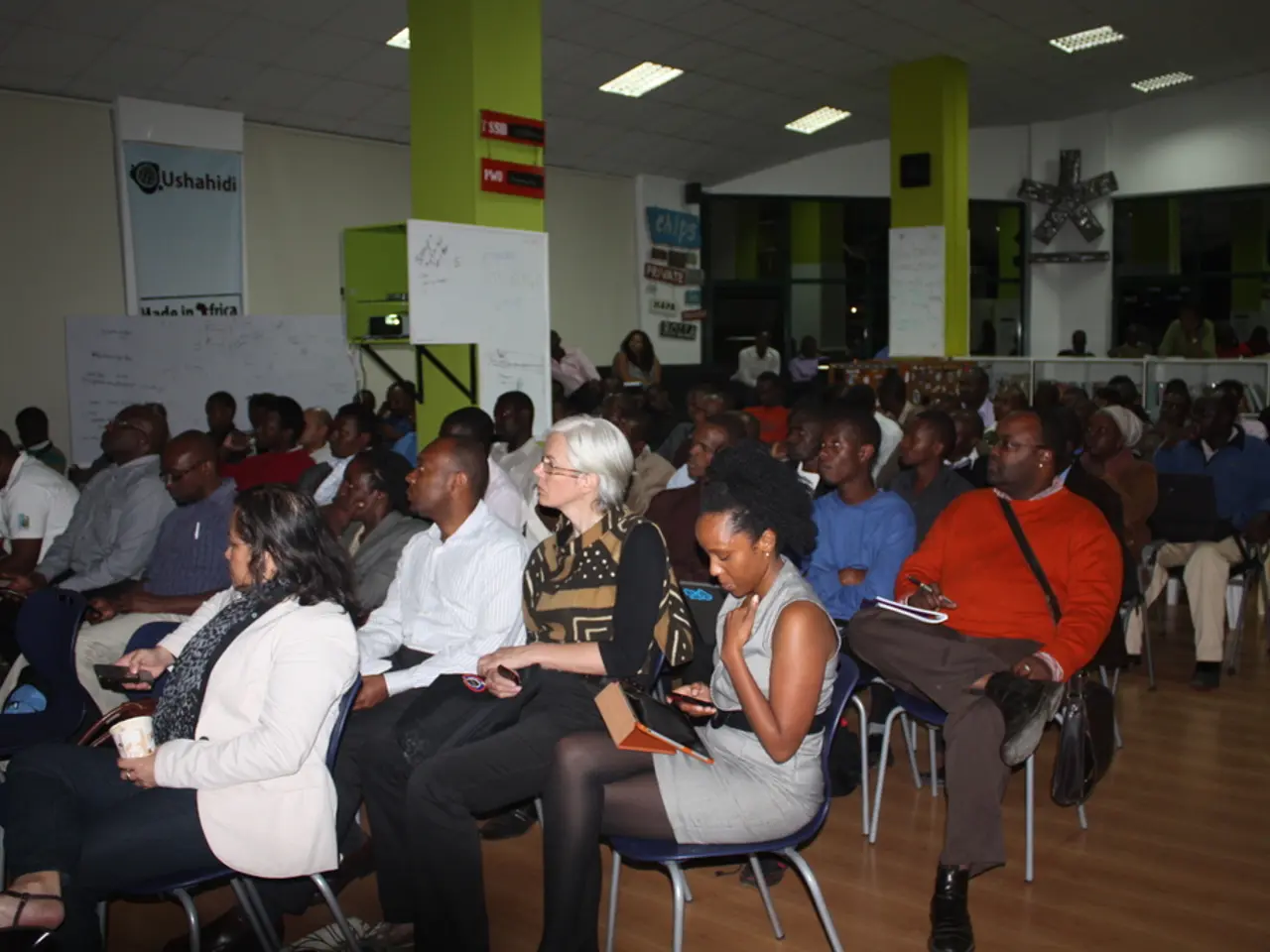Higher Education's Role in Society Under Scrutiny
Higher education's role in society is under scrutiny. While it's praised for fostering scholarship, critics argue it's polarising societies and threatening democracies. Two models, study circles and folk high schools, offer alternative paths to education and engagement.
Teaching in higher education is complex, blending various forms of knowledge in real-time, as advocated by some scholars. However, it's also polarising societies. A 2022 study led by Rob Ford found British voters split along educational lines. Matt Grossmann and David Hopkins delve into this issue in their book 'Polarized by Degrees'.
Two models aim to address these divides. The first, study circles, launched in 1902 by Oscar Olsson, develops democracy through education. While not explicitly mentioned in European universities, institutions like the University of Luxembourg and Europa-Universität Flensburg emphasise innovative learning approaches and community engagement, which could align with this method.
The second model, the Scandinavian folk high school movement, started in 1844 by Nikolaj Grundtvig, educates young adults from all backgrounds to become active citizens. Both models have contributed to Scandinavia's high rankings in the Human Development Index and happiness levels. However, these divides have also enabled political movements like Brexit and Donald Trump's MAGA campaign, posing threats to higher education.
Higher education's polarising effects are evident, with graduates dominating public debates and leaving many feeling excluded. Alternative educational models, like study circles and folk high schools, offer paths to inclusive learning and active citizenship. As societies grapple with these divides, universities must consider their role in fostering not just scholarship, but also engaged and inclusive democracies.
Read also:
- CEO Efe Cakarel of film platform Mubi addresses controversy regarding new investor and Israeli military ties, establishes advisory board and fund to safeguard artists under threat.
- FCHO & Keepmoat Homes Unveil 36 New Affordable Rentals in Oldham's Werneth
- India-UAE Startup Exchange Launched, Boosting Global Expansion for Indian Innovators
- Microsoft Patches Actively Exploited SharePoint Zero-Day Flaws




